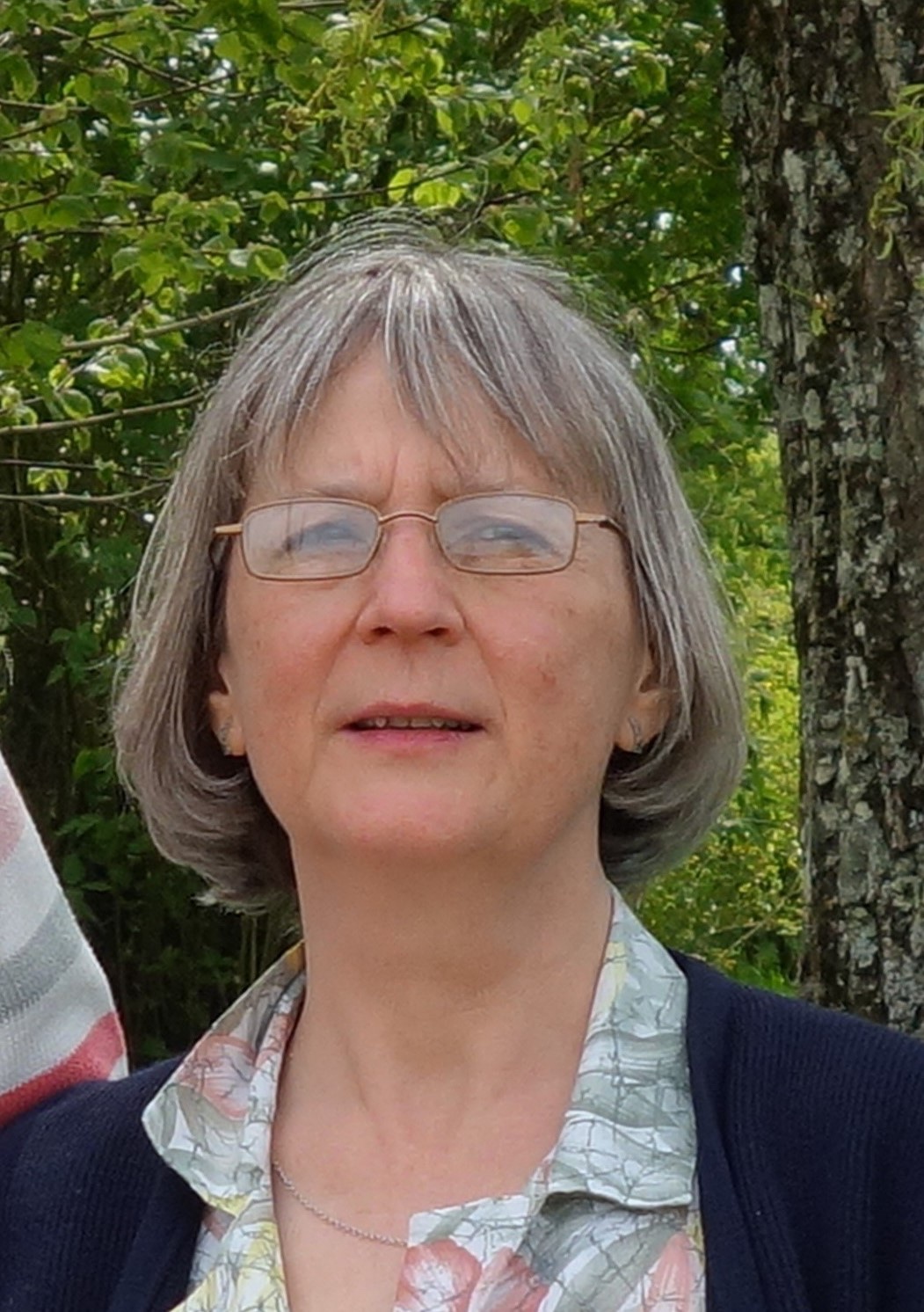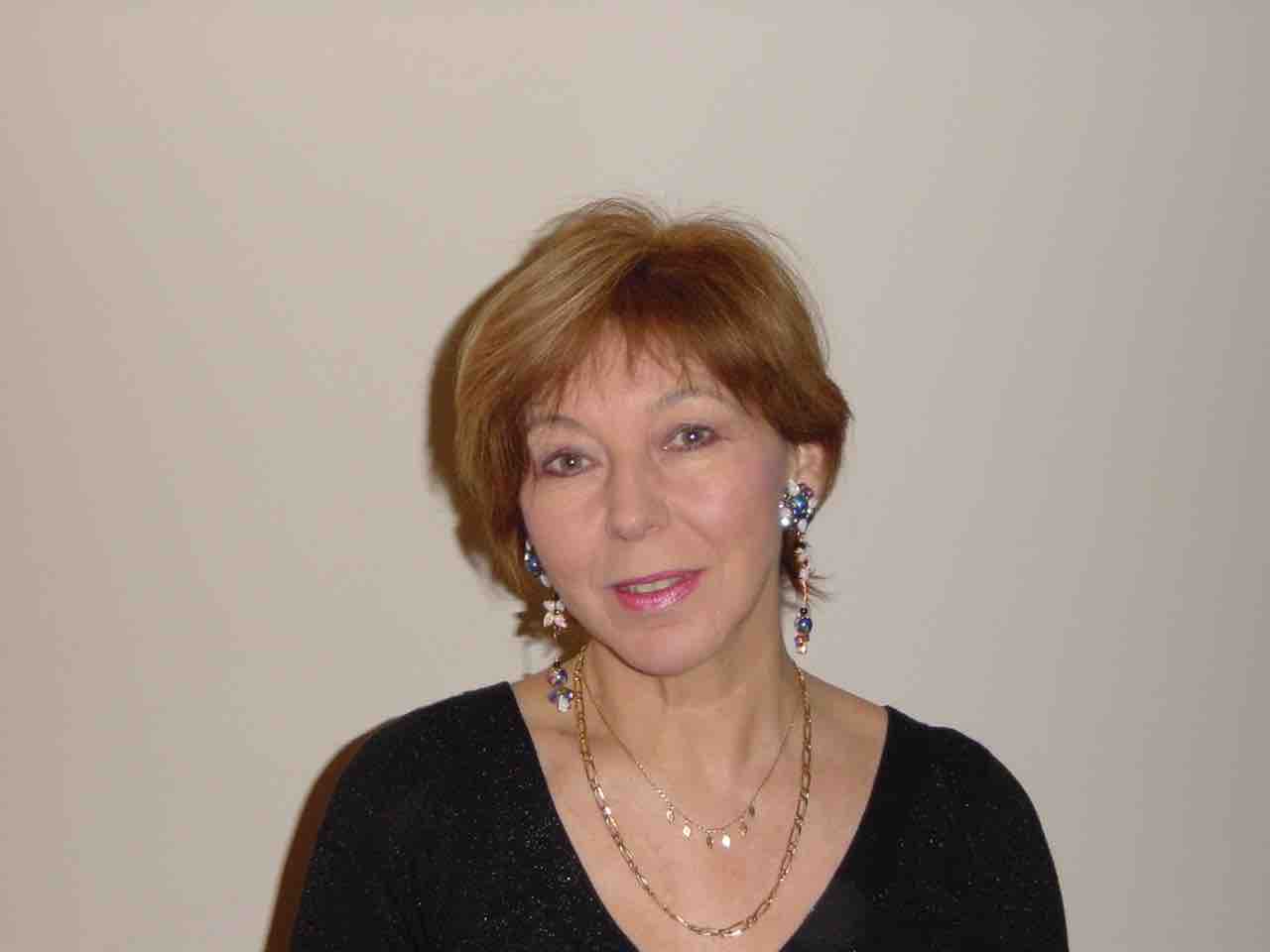
Isabelle Maillochon
Laboratoire Structures Formelles du Langage
CNRS Paris 8
mendesi@univ-lehavre.fr

Dominique Bassano
Laboratoire Cognition & Développement
Paris 5
dominique.bassano@cnrs.fr

|
Isabelle Maillochon Laboratoire Structures Formelles du Langage CNRS Paris 8 mendesi@univ-lehavre.fr |

|
Dominique Bassano Laboratoire Cognition & Développement Paris 5 dominique.bassano@cnrs.fr |
| Participants: | 1 |
| Type of Study: | case study |
| Location: | France |
| Media type: | audio |
| DOI: | doi:10.21415/T5VS3W |
Bassano, D. & Maillochon, I. (1994). Early grammatical and prosodic marking of utterance modality in French : a longitudinal case study. Journal of Child Language, 21, 649-675.
Bassano, D., Maillochon, I., & Eme, E. (1998). Developmental changes and variability in early lexicon: A study of French children’s naturalistic productions, Journal of Child Language, 25, 493-531.
Bassano, D. (2000). Early development of nouns and verbs in French: Exploring the interface between the lexicon and grammar. Journal of Child Language, 27, 521-559.
Bassano, D., Laaha, S., Maillochon, I., & Dressler, W.U. (2004). Early acquisition of verb grammar and lexical development : Evidence from periphrastic constructions in French and Austrian German. First Language, 24(1), 33-70.
In accordance with TalkBank rules, any use of data from this corpus must be accompanied by at least one of the above references.
The child, Pauline, was the youngest of four children in a middle-class family living in Rouen. She was generally audio- or video-recorded twice a month, at home, during everyday activities such as eating, playing, washing, dressing, etc., in unstructured interactive sessions with her family. Long uninterrupted parts of each recorded session were selected for transcription so as to obtain a variety of situations and a sufficient and representative number of productions and utterances. To qualify as an utterance, a production had to be a prosodic and meaningful unit that included at least one element resembling a French word in form and meaning. MLU (in words) was calculated for samples of 60 utterances per transcribed session, using a ‘net version’ (removing incomprehensible and tentative words).
Some common child forms in this corpus include some marked with @c such as ta@c = donne, tin@c = tiens, dane@c = donne, eutonne@c = je donne, eu@f = arrive, am@c = arrive, eun@f = c'est, toutou@f = train, a@f = arrive. Other forms not marked with @c or @f include eu = la, leeum = une, veux, ma = moi, mm/na/nanan/nian = non, ii = oui, ala = voilà, bebi = bébé, zozo = d l'eau, dor = dur, kakou = coucou, est = c'est.